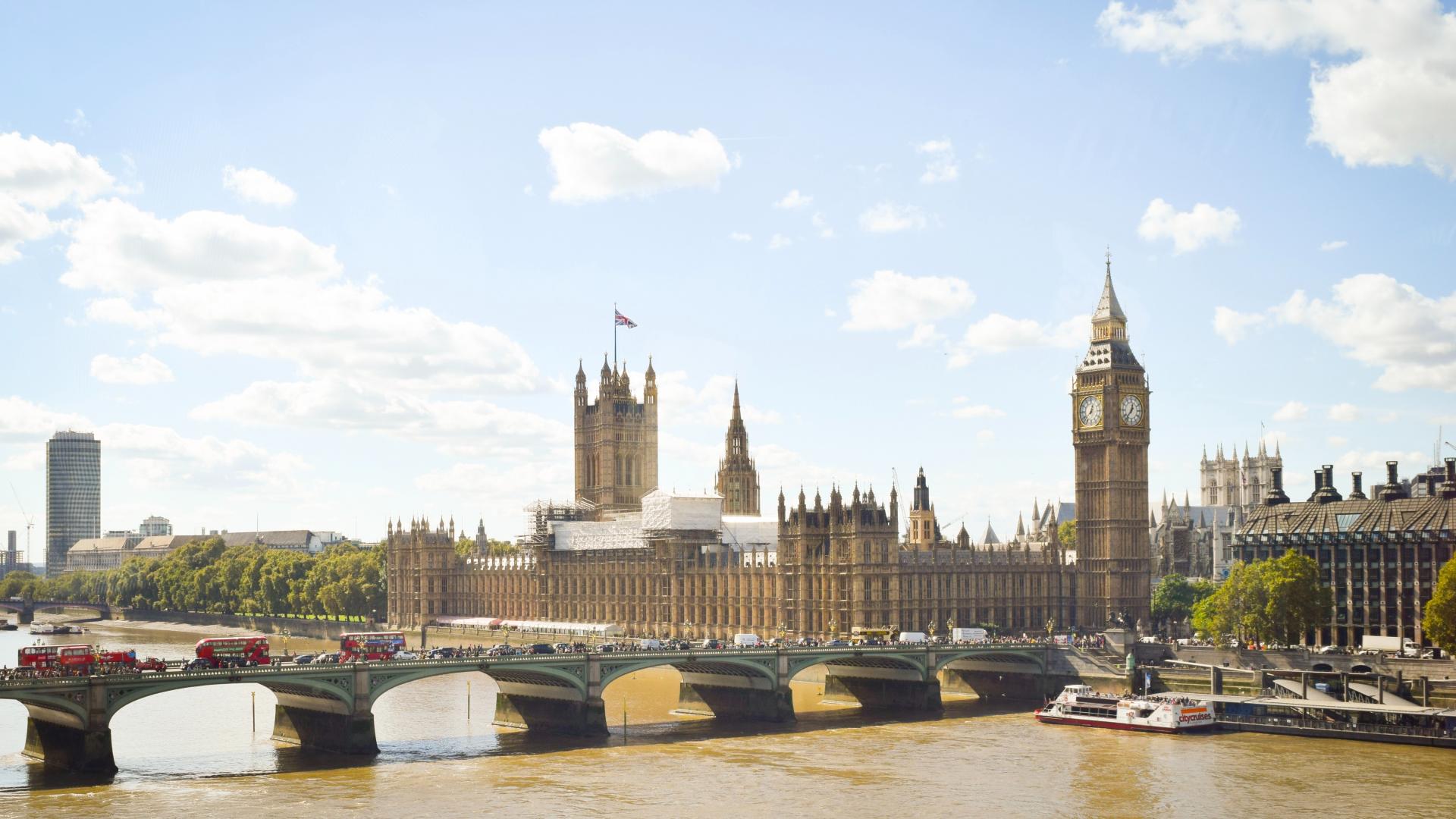Tim Harrison-Byrne
Is charity political? For many people working in the sector, this might sound like an obvious, even a trick question. We go into this sector because we want to make the world a better place. We share a conviction that charity has the power to tackle disadvantage. We see the structural problems that give rise to disadvantage – faulty legislation, poor infrastructure, lack of resources – and call it what it is: an injustice. Those problems are political, so it stands to reason that charity must be political too. Right?
Right – but acknowledging this can only take us so far. At nfpResearch, we start from the premise that charity has a political role to play in British life. For over twenty years, we’ve worked at the interface between the third sector and government, providing an essential feedback valve between charities, campaigners and parliamentarians through our Charity Parliamentary Monitor (CPM). The more interesting question for us is how charity should be political. What strategies can individual charities pursue to bring about lasting change? How can they campaign effectively and build the broadest coalition of support, both at Westminster and in the public sphere?
These are the questions that our new report, ‘Into the Corridors of Power: how charities can campaign effectively at Westminster’, seeks to answer. The political world has turned on its axis since our company (then titled nfpSynergy) was founded in 2002. I don’t need to take you through the full litany of upheavals, from Brexit to Covid – we’ve all got a trusted podcast that can supply the hot takes on that front. Our job, as we saw it, was to dig down into our data from recent years, to try to make sense of how these broader, political shifts have altered the landscape for charities. Synthesising CPM analysis, sectoral research, and interviews with charity parliamentary and public affairs specialists, the report investigates the changing relationship between charities and Westminster.
So what are the findings? As ever, there’s good news and bad news. Encouragingly, we found that there is a robust baseline of support for charities at Westminster. MPs value the expertise and connection with constituents that charities provide, and the pandemic has revealed just how essential their services continue to be. What’s more, given the government’s widely publicised ambitions to ‘level up’ the country and ‘build back better’ after Covid, there is a real opportunity for charities who can harness these policy objectives to their own agenda. Beyond Westminster, too, the pandemic has deepened public awareness of social causes and made people more open to the political functions of charity.
That’s the positive side of the story, and we think it provides sufficient grounds for optimism – albeit cautious optimism. It would be naïve, though, to pretend that charities weren’t facing major political challenges at present. The culture war is the overarching context here. Wherever you stand on this contentious subject – and there are many who, for understandable reasons, would claim that the culture war is itself a political fabrication – there can be little doubt that charities are campaigning in an increasingly fraught and divisive public sphere. From food banks to museum decolonisation projects, issue after issue has become weaponised in the theatre of social media. Furthermore, there is growing evidence that the current government is sympathetic to the argument that charity has become ‘too political’, or even part of the ‘Woke agenda’ (a concept that continues to merit scare quotes, in our view).
These are significant headwinds, undoubtedly. But they only emphasise the need for charities to campaign effectively, and campaign smart. Social media can be an ever-looming banana skin or your most effective asset. Within Westminster, also, there are ways to push your case without alienating those in power. One tip from the report I found particularly useful was the idea of following up an e-campaign with a direct offer of help. Create a noise to draw attention to an issue – but then front up and present options to MPs, with key lines and policy solutions that could help them to get on top of it. Boxing clever, you could call it – because we should be under no illusions that charities have a fight on their hands to win funding and attention for their causes in an increasingly competitive environment.
Our report is filled with case studies and concrete examples in that vein. We hope that it will challenge and inspire the next generation of political campaigners, by gathering together testimony from leading policy and public affairs specialists currently working in the charitable sector – campaigners who have been there, done that and got the House of Commons own-brand t-shirt to show for it. A huge thank you to all sixteen who willingly gave their time to make this report possible.
Despite this variable and ever-shifting picture, one thing remains certain. Now more than ever, the relationship between charities and Westminster simply has to work. There is too much at stake for it not to, in a country still reeling from a global pandemic, where charities play a larger and larger role in serving their communities. We think this report is an essential step in building (or rebuilding) that constructive working relationship. We hope that you find food for thought in it, and new ways of thinking about the future.
nfpResearch will be releasing the report in 4 chapters over the coming weeks. Please read the first chapter - ‘Honest Brokers’ or ‘Critical Friends’? How MPs perceive charities – below.

